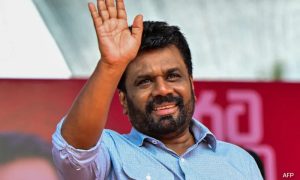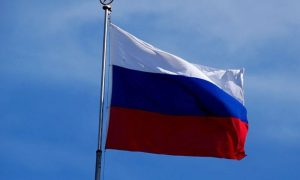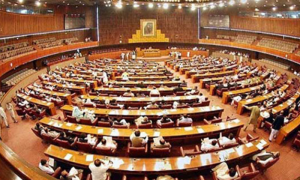THIMPU: Bhutan, the Himalayan kingdom known for prioritizing “Gross National Happiness,” commenced its general elections on Tuesday, with both contesting parties focusing on addressing serious economic issues. The landlocked mountain nation, with a population of approximately 800,000 people, faces challenges such as chronic youth unemployment and a significant brain drain.
In the capital city Thimpu, voters braved the freezing mountain air as polls opened, with some expected to have undertaken days-long treks to cast their ballots. The election features two parties committed to a government philosophy centered on measuring success by the “happiness and well-being of the people.”
The foremost concern for many Bhutanese citizens is the struggles faced by the younger generation, characterized by high youth unemployment and an exodus of talent seeking better opportunities abroad. Bhutan’s youth unemployment rate stands at 29 percent, and economic growth has averaged 1.7 percent over the past five years.
Record numbers of Bhutanese youth have sought opportunities abroad, with Australia being the top destination. Approximately 15,000 Bhutanese were issued visas for Australia in the 12 months before July, a significant number considering the kingdom’s population.
ALSO READ: Bhutan Grapples with Economic Challenges as General Elections Approach
Both parties contesting the election have highlighted the need to address these economic challenges. Pema Chewang, leader of the Bhutan Tendrel Party (BTP), expressed concern about the country losing its “cream of the nation.” Tshering Tobgay, leader of the People’s Democratic Party (PDP) and a former prime minister, raised alarms over “unprecedented economic challenges and mass exodus.”
Issues such as the struggling tourism sector, impacted by the Covid-19 pandemic, and efforts to diversify the economy through projects like a special economic zone and cryptocurrency-mining plans, remain central to the election discourse.
Both political parties have pledged significant investments in hydropower, Bhutan’s primary source of energy. The strategic location of Bhutan, situated between China and India, adds geopolitical significance to the elections, with both neighboring countries closely monitoring developments, particularly in contested border zones.
While Bhutan’s elections have historically been subdued affairs, the outcome of this election will play a crucial role in shaping the country’s future policies and addressing the pressing economic and demographic challenges it faces.






















